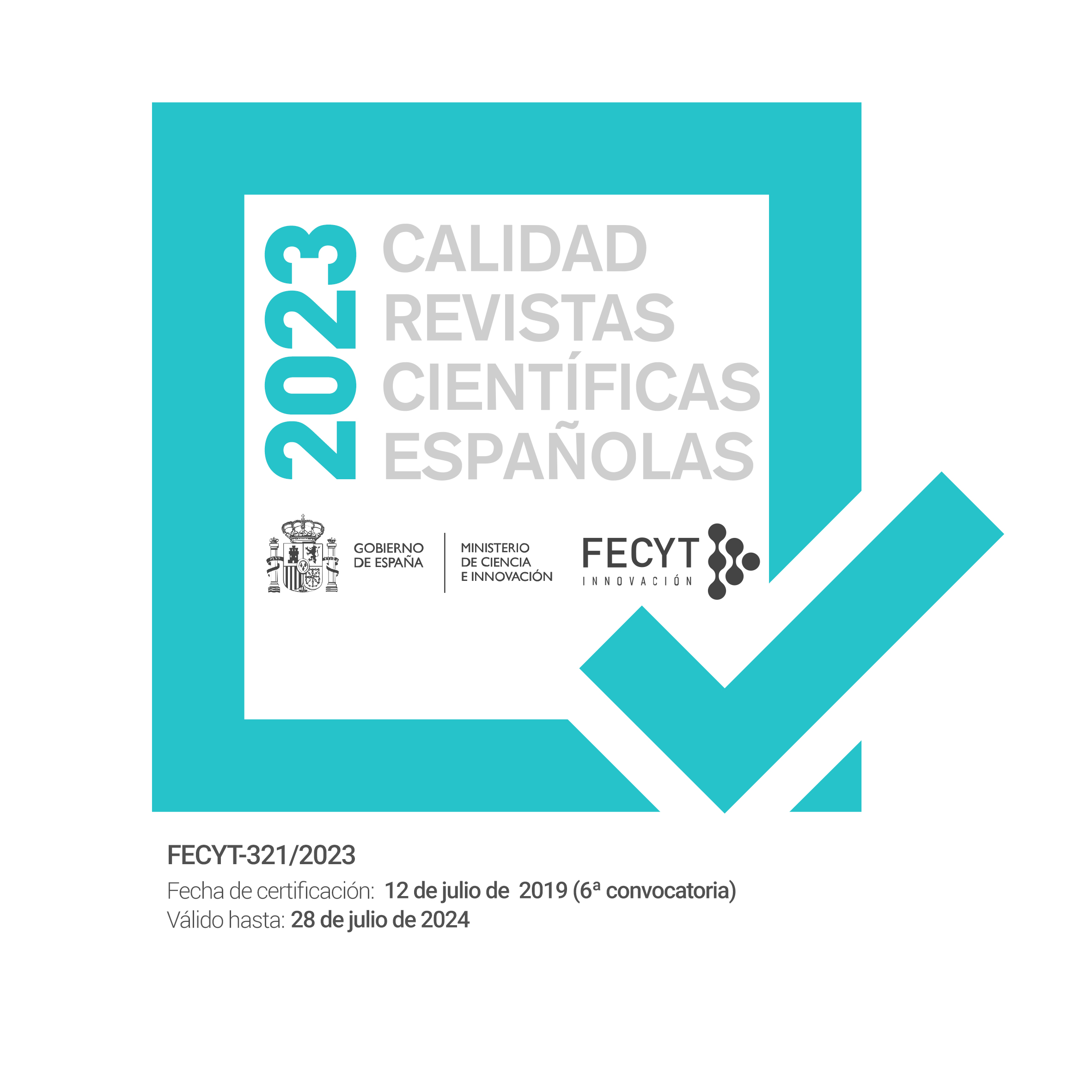Ethical aspects
Ethical aspects and conflicts of interest
The publication of Agua y Territorio / Water and Landscape (AYT / WAL) is the collective result of the work and effort of authors, editors and evaluators who are interested in the development of science for social and cultural development. For this reason, and within the framework of the open access policy promoted by the Universidad de Jaén, the journal will not charge authors any fee for publication, and articles will be made available immediately in open access.
The editors are committed to avoiding any conflict of interest between the actors involved in the production. All texts submitted will be evaluated for their intellectual content, avoiding that the ethnic or national belonging of the authors, their gender, their sexual orientation, their religious beliefs, or their political philosophy interfere in the process. Likewise, external evaluations that interfere with the quality of the work will be rejected.
Authors and evaluators are asked to declare in advance any relevant conflicts of interest they might have, so that they can be taken into account when assigning evaluations. Should any conflict arise after the publication of the contribution, a retraction or statement of fact will be made if necessary.
A "conflict of interest" is a situation in which there is a divergence between an individual's personal interests and his or her responsibilities in respect of the scientific activities he or she carries out, whether as an author, a reviewer or a member of the editorial board, which may influence his or her critical judgement and the integrity of his or her actions. Conflicts of interest can be:
- Economic: when the participant (author/reviewer/editor) has received or expects to receive money for activities related to the research and its dissemination.
- Academic: when reviewers or editors adhere to a certain methodological or ideological trend in such a way that they may be biased in evaluating the work of others. For this reason they are asked to express themselves in advance.
- Personal or work relationships: when the participants (authors/reviewers/editors) have some kind of friendship, enmity or work relationship. To avoid this, publishers should take into account the sources of funding and the affiliation of the authors, in order to choose evaluators who do not belong to those specific circles.













